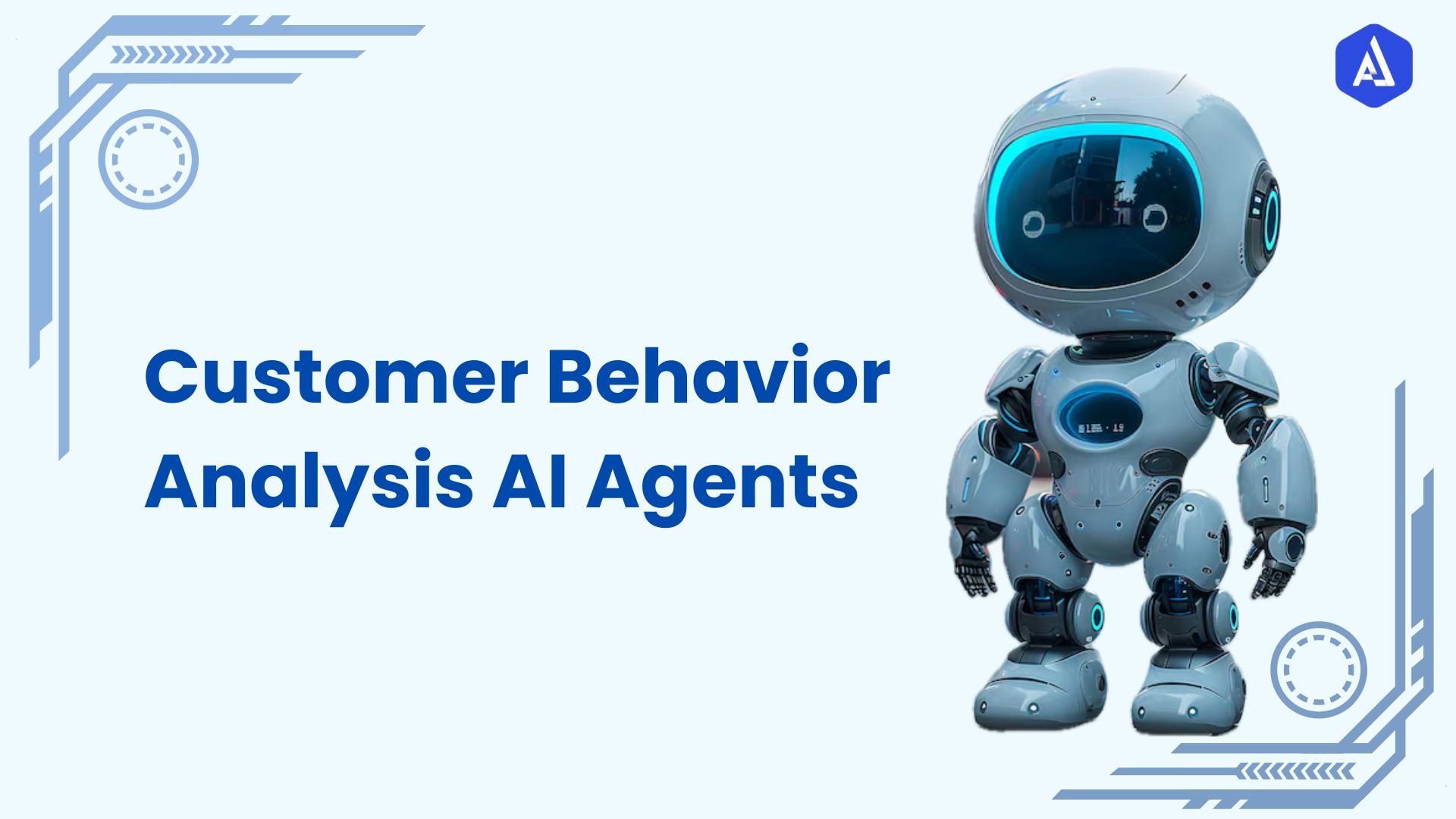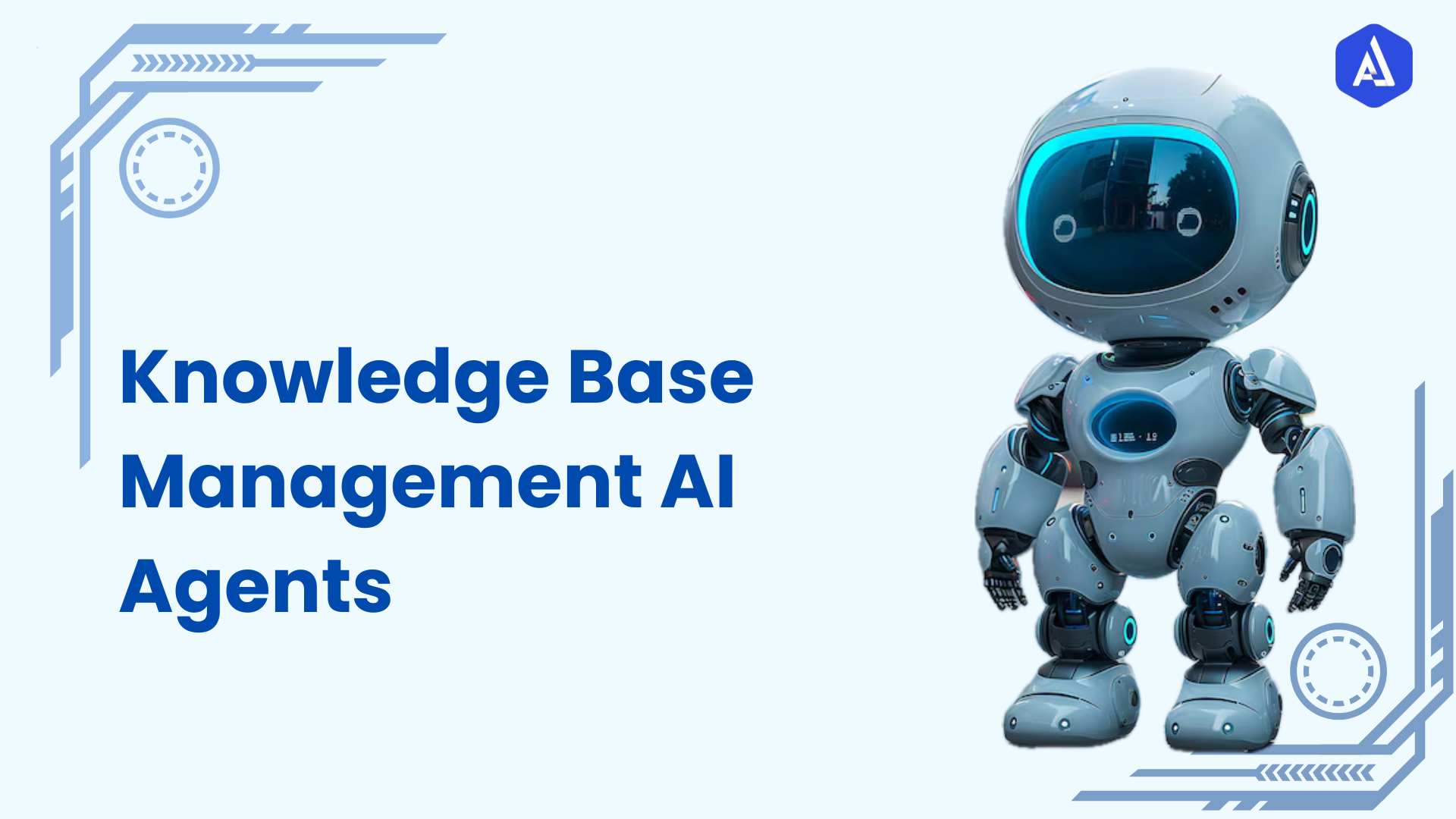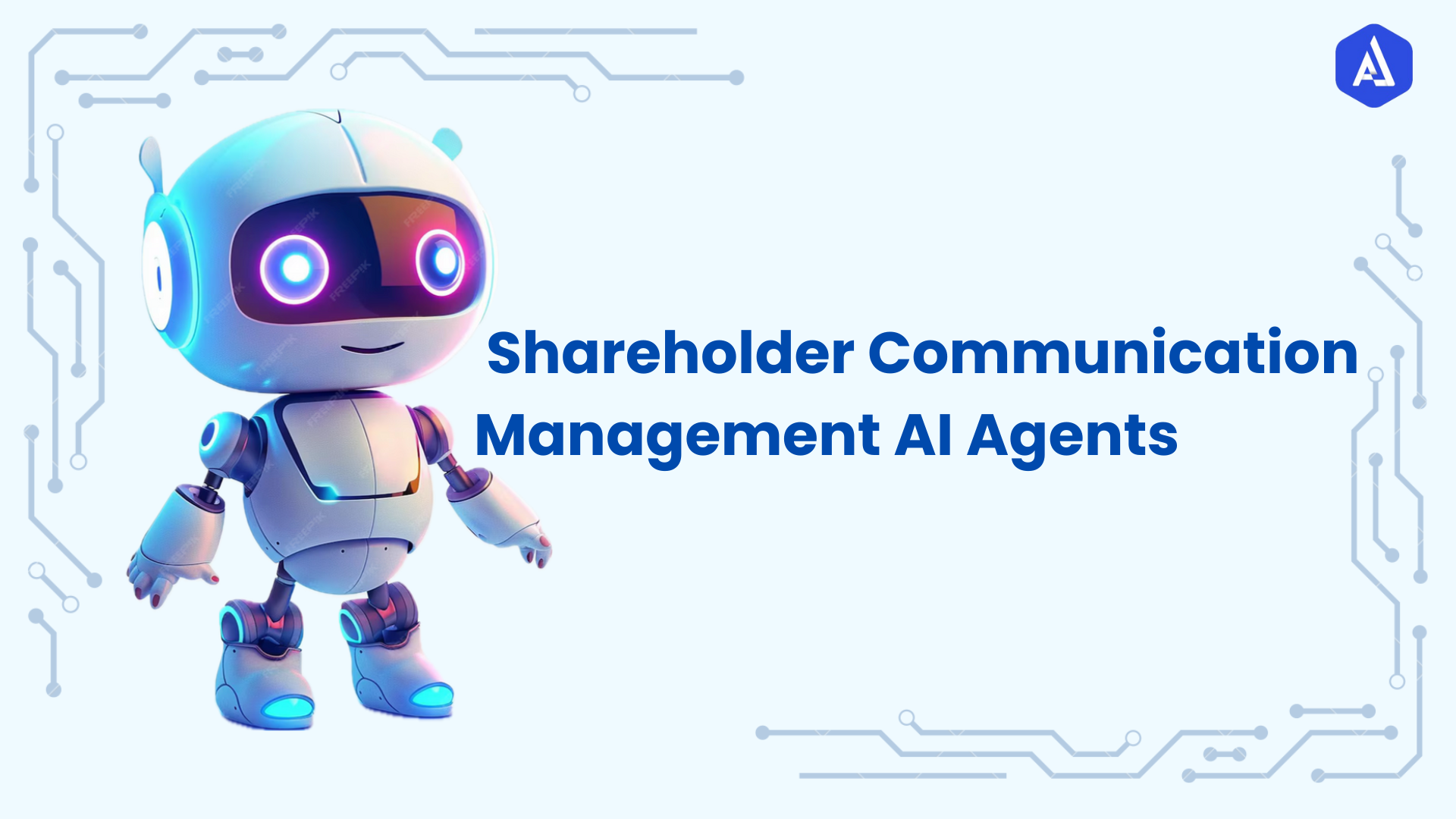Introduction
Logistics Coordinator AI Agents are intelligent systems designed to streamline logistics and supply chain management processes. By automating routine tasks and providing real-time insights, these agents enhance efficiency, improve decision-making, and ensure timely deliveries, transforming how organizations manage their logistics operations.
The Role of Logistics Coordinator
Logistics coordinators oversee the entire process of good movement, monitor stocks, and facilitate the event of deliveries according to the customers' or clients' satisfaction. Key logistical challenges are complex coordination of logistics activities, optimizing transport routes, forecasting of short-term demand, and taking quick responses towards events such as delays or supply shortages.
Logistics Coordinator AI Agents address all these issues by automating tasks, such as route planning and tracking, predictive analytics tools to help analyze demand forecasting, and communication facilitation with stakeholders in general, to improve overall operation efficiency.
Primary Challenges of a Logistics Coordinator
-
Complex Coordination of Activities: Managing various logistics activities requires meticulous planning and organization.
-
Optimizing Transport Routes: Determining the most efficient routes for transportation can be challenging due to varying factors such as traffic and delivery schedules.
-
Forecasting Short-Term Demand: Accurately predicting demand fluctuations is essential but often difficult, leading to potential stockouts or overstock situations.
-
Responding Quickly to Disruptions: Handling unexpected events like delays or supply shortages requires swift action and adaptability.
About the Agent
Logistics Coordinator AI Agents are equipped with improved algorithms that work on many parameters originating from different contexts, such as past sales records and current trends in markets and traffic. These agents are proficient in selecting delivery routes based on current situations to select better ways.
They also use receipts to steadily track inventory levels, making forecasts to cover the time before the next order arrives, reducing stock-out times, and ensuring overstock costs are not accrued. This means that when implemented they fit directly into the existing logistics software applications to boost existing operational processes, flexibility to the changing environment, and decision-making in logistics chains.
Key Features of Logistics Coordinator AI Agents
-
Demand Forecasting: Forecasting of demands of potential future target products by using historical data in as far as they enhance the stocking levels so that the potentiality of a stockout is eliminated.
-
Route Optimization: The traffic and delivery conditions that prevail now are discussed to arrive at the best transportation routes that will overall help in cutting on costs and delivery time significantly.
-
Inventory Management: Maximum records and inventory of records are held to monitor movements of stock to optimize inventories and minimize carrying costs.
-
Autonomous Decision-Making: Reduces the minimum incidence of errors and interventional manual actions by making operational decisions on supplier choices and shipment redirections.
-
Real-Time Data Analysis: Various analyses received from other sources are consolidated to support information dissemination for operations management and strategic planning.
Use Cases for Logistics Coordinator AI Agents
a. Potential Use Cases
1. Processes
AI in logistics coordinators can have a positive impact on various processes in logistics management. They include routing and settling for the best route to take since they can be adjusted depending on the current traffic, weather conditions, or delivery schedules.
Automation helps to save time and reduce delivery time and the expenses required for transportation, hence increasing efficiency.
2. Tasks
These agents also enhance inventory management in that they constantly analyze the quantity of inventory in stock and the rate at which it is selling and forecast the replenishment rate of an item that is low in stock due to seasonal variation.
Logistics Coordinator AI Agents help human coordinators spend more time on profound problem-solving and decision-making thus increasing effectiveness.
b. Industrial Use Cases
-
E-commerce Fulfillment: In the e-commerce subsector, the applications that may be conveyed are likely to include the Logistics Coordinator AI Agents which help in the processing of orders and the identification of the most efficient routes to use to deliver orders to customers on time.
They regularly process many orders as they keep track of their storage facilities and modify supply techniques according to sales data.
-
Manufacturing Supply Chain: In manufacturing, these agents estimate probable variations of demand and then estimate the changing stock.
They ensure that no production line experiences a stockout of materials at any point, or conversely, do not allow for overstock conditions, which is also detrimental to manufacturing operations because of the clogging they create.
-
Retail Inventory Management: These agents are used at the retailers’ end too for efficient management of stock across the multiple stores. Based on historical sales data and customer demands, Logistics Coordinator IAAs ensure that stock levels are correct, that they eliminate unnecessary stocks, and that products are made available to customers as soon as possible.
-
Transportation and Freight Management: In logistics, companies employ logistics coordinator AI agents to assess shipping data and dynamics of freight flow. With reference to fuel consumption, time windows, and load-bearing capability, these agents increase delivery responsiveness and decrease operational costs.
-
Cold Chain Logistics: Logistics Coordinator AI Agents in industries involving temperature regulation during shipments like drugs or food get real-time conditions to work with to ensure that they meet certain conditions as required in safety regulations as well as the quality of products undergoing shipment.
-
Construction Logistics: In construction projects, these agents help in the procurement delivery of construction materials and types of equipment to the construction sites. By ensuring that they have proper timing of delivering the inventories and tracking how the inventories are being utilized in the site then they assist in avoiding postponement of time on the project besides expending substantial cash on unutilized resources.
These enumerated applications prove that the Logistics Coordinator AI Agents can be applied to different fields to boost performance and quality of services geared towards tactical and operational issues in logistics coordination.
Considerations for Implementing Logistics Coordinator AI Agents
-
Data Quality and Integration: Quality and accurate data are the preconditions for proper AI operation. Low-quality data or fragmented sources would also reduce the effectiveness of the Logistics Coordinator AI Agent, which in turn requires investments in cleaning the data and integration.
-
High Implementation Costs: Implementing AI technology could be very expensive, particularly for small-scale companies. Gradual implementation based on piloting will help contain costs and prove ROI before full-scale implementation.
-
Resistance to Change: Employees will also resist change because they may fear that they can be replaced or may not want to switch to recent technologies. Clear communication on benefits and adequate training are necessary to make this transition smoother.
-
Ethical and Compliance Issues: Managing this data becomes an ethical issue of privacy and is a clear violation of some regulations. Heath that significant procedural measures should be taken to protect data and make decisions based on artificial intelligence more transparent.
Benefits and Values of Logistics Coordinator AI Agents
a. What Would Have Been Used Before Logistics Coordinator AI Agents?
Before the Logistics Coordinator AI Agents, all activities used to be accomplished manually. This necessitated operative routes which were very time-consuming and time exhaustive for planning, inventory, and demand forecasting; it resulted in ineffectiveness, much higher operational costs, and caused more human error.
Traditional systems typically lacked real-time data analysis and predictive capabilities, so adapting and responding considering any change or disruption in the marketplace was a challenge every time.
b. What Are the Benefits of Logistics Coordinator AI Agents?
The integration of Logistics Coordinator AI Agents offers numerous advantages:
-
-
Increased Efficiency: The roots of optimization and inventory are automatically with AI Agents that reduce the amount of time spent on operations resulting in an efficiency increase. It enables logistics teams to do more than receive data for greater emphasis on strategic decision-making.
-
Cost Reductions: The agents employ scanning of the transportation routes and inventory levels to achieve the lowest amount of fuel and carriage cost. Logistics Coordinator AI Agents assist organizations in saving huge amounts of money by minimizing wastage and increasing resource utilization.
-
Enhanced Customer Experience: AI Agents of Logistics Coordinators deliver accurate demand forecasting better inventory availability, and timely delivery. This leads to improved customer satisfaction because of reliable and quick service.
-
Proactive Risk Management: Rather, these agents look at an incredible heap of data to see if something in the supply chain is going awry: Logistics Coordinator AI Agents give organizations the ability to anticipate the risks and employ proactive risk management techniques to avoid misrepresenting impact scenarios on operation.
-
Logistics Coordinator AI Agents adoption overarching effectively changed the state of the logistics department via cost down, better performance factors, better cost to end touchpoint as well as better proactive may dangers direction.
Usability of Logistics Coordinator AI Agents
Step-by-Step Guide
-
Integrate with the Agent: Begin by integrating with the Logistics Coordinator AI Agent. This initial step will establish a connection between your operations and the AI capabilities, allowing you to leverage its features effectively.
-
Familiarize with the Dashboard: Have a glance at the dashboard to get to know what the layout and features are. The typical key sections include route optimization, inventory management, and performance analytics.
-
Set Up User Preferences: Set your operational preferences, like desired routes for delivery, trigger levels for inventory, and notifications. The customization is a result of how the agent's functionality is tailored to your specific logistics needs.
-
Input Data Sources: Feeding relevant data is things like supplier info, traffic updates, and inventory maturity. The logistics coordinator needs to have access to real-time data to make accurate decisions.
-
Utilize Route Optimization: The route optimization feature can be activated, and then efficient delivery routes will be generated based on current conditions. Suggestions for review of suggested routes for improvement in efficiency.
-
Monitor Inventory Levels: You can use the inventory management tools to watch stock levels live. Alerts for low inventory situations and manage with predictive analytics to be well stocked promptly.
-
Analyze Performance Metrics: Review frequently Logistics Coordinator AI Agent reports about performance indicators such as delivery and order accuracy and customer satisfaction levels.
-
Engage with Support Features: Available support features inside of the agent and familiarize yourself with the FAQs and troubleshooting guides inside the agent. Knowing this will allow you to fix common problems without help.
Through these steps, users can approach the Logistics Coordinator AI Agent and gain the full power of its tools to make the entire logistic process convenient and one can easily manage the workflow.


